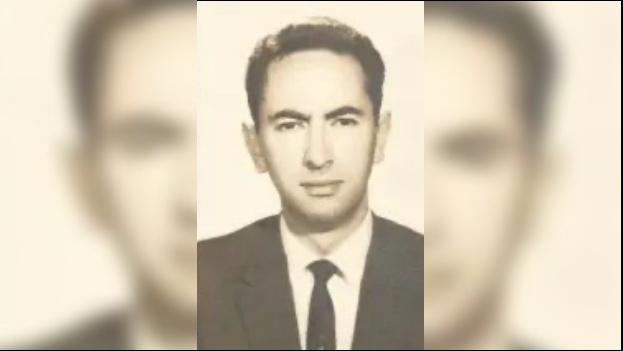Classics of Mexican music such as Cielito Lindo and La Paloma were the vehicle through which he transmitted information from Havana

14ymedio, Mexico City, 26 August 2024 — Classics of Mexican music such as Cielito Lindo and La Paloma were the vehicle through which Humberto Carrillo y Colón, a failed intellectual and press attaché of the Mexican Embassy in Havana, transmitted information to the CIA about Fidel Castro and other communist leaders. The history of encrypted messages and their interception in 1969 by Cuban counterintelligence was released this Sunday by the newspaper Milenio.
The messages were sent at the same time and on the same day of the week: Sundays at 10:00 am, along with the best-known voices in Mexico. La Paloma played on the radio as an instruction; Cielito Lindo preceded a specific order. The radio station that circulated the information – according to the report of the Cuban spies – was broadcasting from Carrillo’s residence.
In the transmissions – which the Island’s counterintelligence, led by Manuel Piñeiro, “Barbarroja,” did not take long to detect – the movements of Party leaders and of Castro himself were documented. Worried about the messages, the caudillo called the Mexican ambassador Miguel Covián Pérez to ask him about Carrillo’s work. They met on September 3, 1969, although nothing is known about the discussion.
Carrillo said that the accusation against him was a machination of Fidel Castro himself
A day later and in the face of Covián’s inaction, Cuban Foreign Minister Raúl Roa summoned the head of the Mexican mission again to pressure him. Roa gave him the file on the Carrillo case, which was sent to Mexican President Gustavo Díaz, who some sources claim was also a CIA asset under the code name Litempo 2.
Carrillo, a frustrated musician and small-time journalist, was sent to Havana under strange circumstances: the office he was going to occupy did not exist and was created for him. This raised the regime’s suspicions as soon as he arrived on the Island, on March 25, 1968. The odd method he found to encrypt his messages was a reason for mockery in a contemporary article on the official State newspaper Granma.
“This CIA fondness for Mexican music, captured by radio listeners, contributed to a large extent to focus suspicions on the new Press Manager of the Mexican Embassy in Cuba,” joked the Communist Party newspaper, after airing the case.



